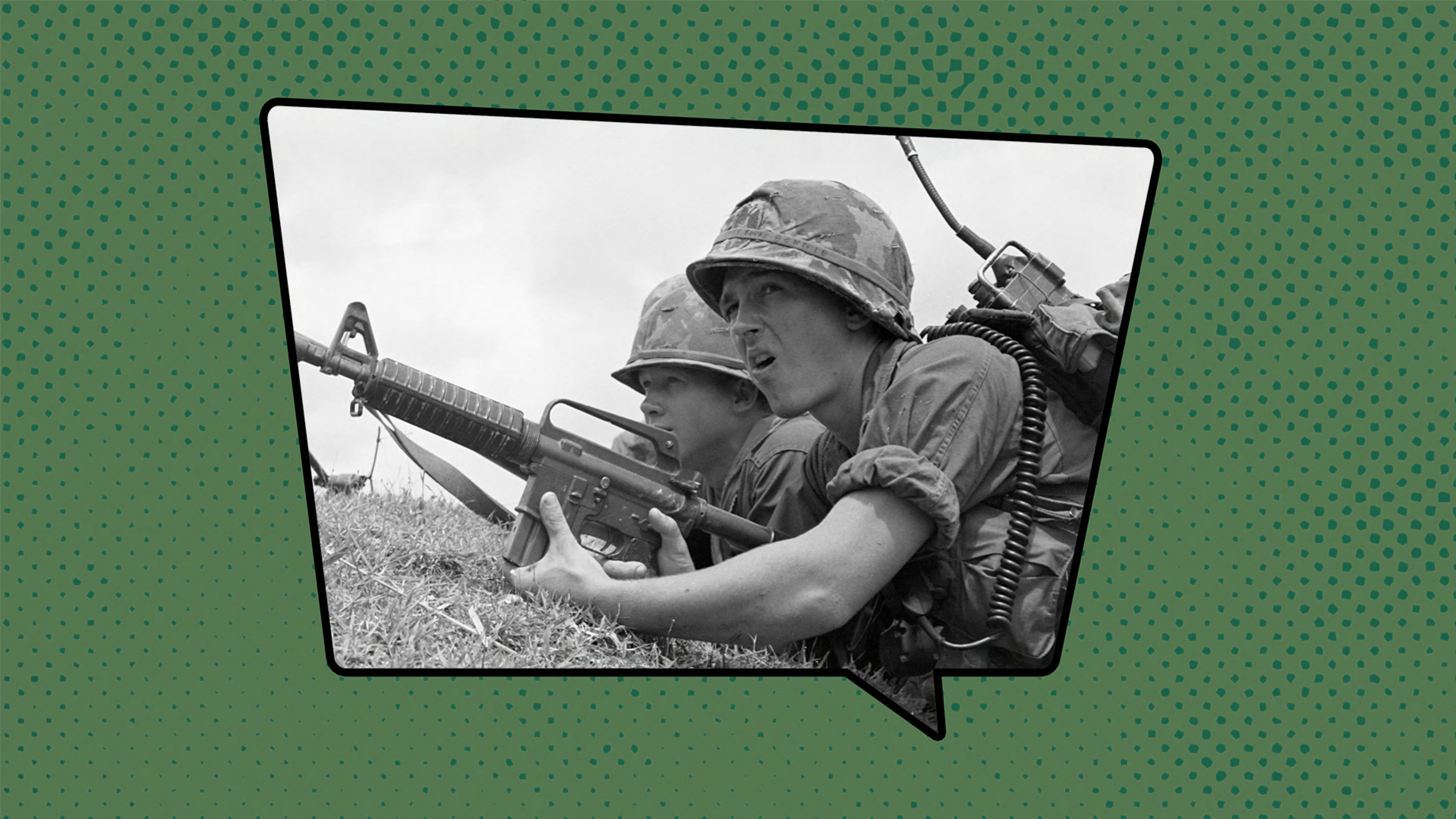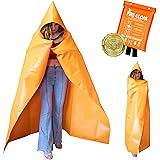“Uncover the Secret Language of the Vietnam War: 15 Slang Terms That Defined a Generation”
–>
As Roger Hayes explained in his memoir On Point: A Rifleman’s Year in the Boonies: Vietnam, 1967–1968, “At the conclusion of the course, the attendees—who were brand new in the service, had conducted no missions other than training, and had no practical experience—were promoted to sergeant and subsequently assigned to positions of authority over experienced soldiers … The instant NCOs, whom we called ‘shake & bakes,’ received their rank quickly but did not receive the experience necessary for effective leadership in Vietnam.”
Turtle
A replacement for a soldier at the end of their tour. “[T]hey are called by this name because they are often very slow in coming,” Philip D. Chinnery wrote in Full Throttle: True Stories of Vietnam Air Combat Told by the Men Who Lived It.
Two-stepper
American soldiers nicknamed the bamboo pit viper “two-stepper” or “two-step” because its bite was purportedly so lethal you’d be dead before you could take two steps. It’s an exaggeration, but the snake’s venom can potentially kill you.
Unbloused

Unbloused described pants not tucked into boots. Unblousing gave soldiers’ legs some room to breathe in the hot, muggy jungle; and they also kept water from ballooning their pants when they were wading through flooded rice fields and other wet terrain. But that comfort came at a cost: easy access for leeches. “Whenever we waded in the water, we invariably became covered with the leeches, which found openings in our clothing and snaked their way inside to sink their ugly faces into our flesh. It was not uncommon to pull ten or twelve from our legs and buttocks and to find just as many on our clothing. They crawled all over us in search of an unbloused pant cuff or tear in our fatigues,” Charles Gadd wrote in his memoir Line Doggie: Foot Soldier in Vietnam. Soldiers were known to burn the leeches off their bodies with cigarettes.
Discover More Military Language:



















